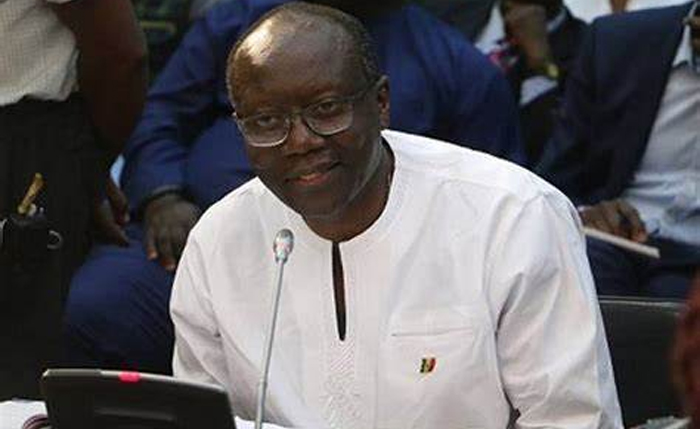(3 minutes read)
Finance Minister of Ghana Ken Ofori-Atta said that the deadline for the debt exchange program has been further extended to January 31 to build consensus with stakeholders’ institutions and individual investors. This is the fourth time that the west African country is extending the deadline
Finance Minister of Ghana Ken Ofori-Atta said that the deadline for the debt exchange program has been further extended to January 31 to build consensus with stakeholder institutions and individual investors. This is the fourth time that the west African country is extending the deadline.
Ghana is seeking a bailout from the IMF (International Monetary Fund (IMF) for US$ 3 billion for its crisis-hit economy. However, the IMF board is adamant that the approval would be linked with Ghana undertaking a comprehensive debt restructuring package. Ghana, in December last year, launched the debt swap plan through the ministry of finance. The deadline for the debt swap was initially set for December 19, which was further extended to December 30 and then to January 16.
There was a public outcry for the swap of the debts. Because of that, the government exempted pensioners from the swap. But, later, brought in individual bondholders who were originally exempted. Ghana last week offered to pay holders of its 2023 bond a 2% cash fee in exchange for registering for the exchange. But the proposal has met with heavy opposition from the bond holders.
Read Also:
https://trendsnafrica.com/ghana-to-exchange-new-bonds-bond-with-old-ones/
https://trendsnafrica.com/inflation-and-cedis-value-erosion-put-ghana-in-a-tailspin/
It is instructive to see what went wrong with Ghana’s economy, which was once billed as the poster boy of a proactive approach to tackling economic ills by multilateral organizations. The value of Cedi, the local currency, steadily eroded against the US dollar, despite the fact that the country is one of the largest cocoa producers in the world. Apart from that, the country has gold and oil. But, most of the agricultural products are being imported using US dollars by its traders and being traded domestically. The ongoing war and global inflation hiked up the commodity prices, which forced the traders to part with the higher quantum of dollars to import goods. As foreign exchange got drained steadily, the value of local currency plummeted, putting the country in an economic tailspin. The situation is somewhat similar to what had happened in the case of Sri Lanka, another small country, which largely depended on tourism to beef up its remittances. During the pandemic, tourism hit the nadir, and the country started feeling the pinch. The rest is history.





